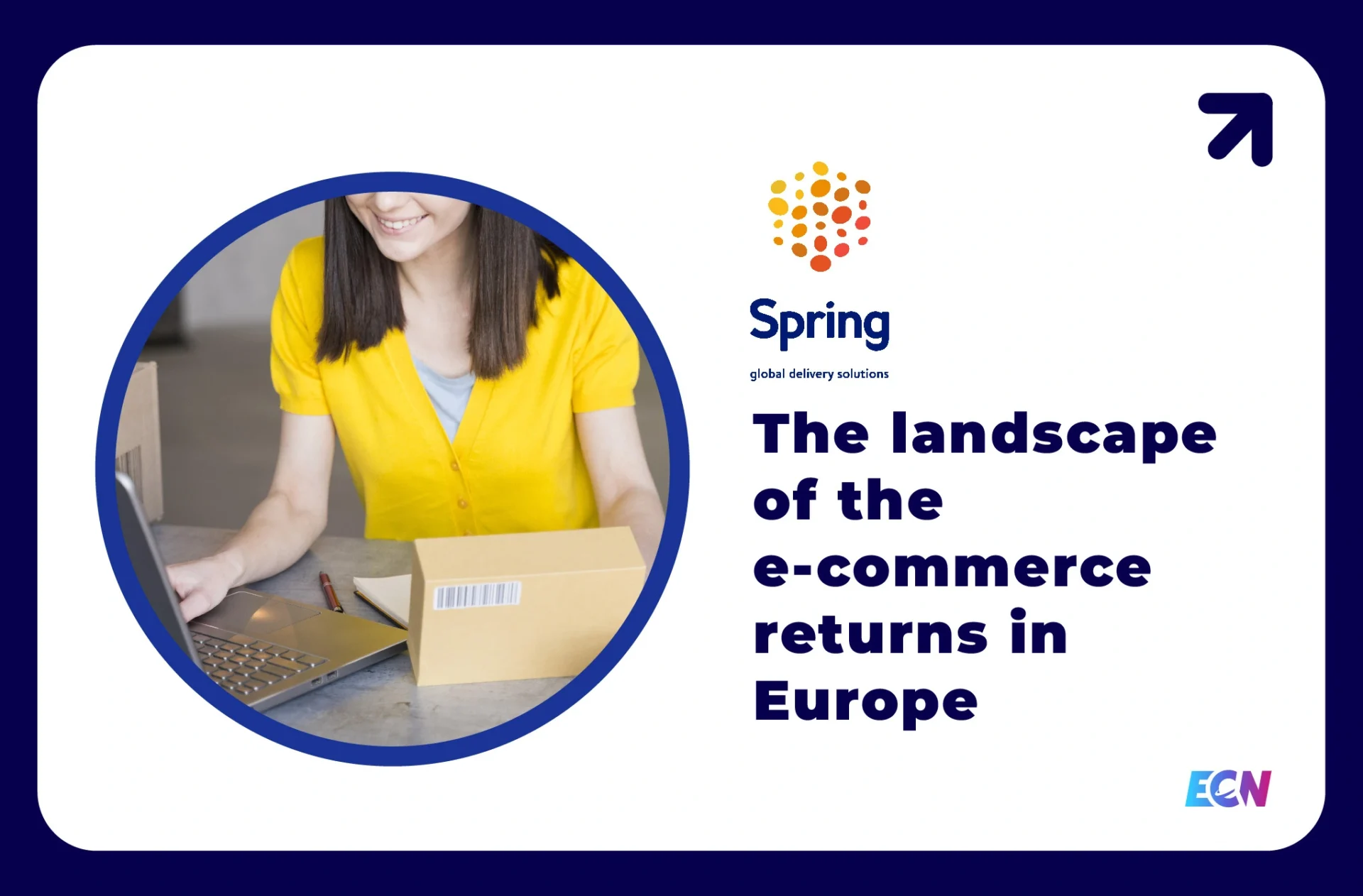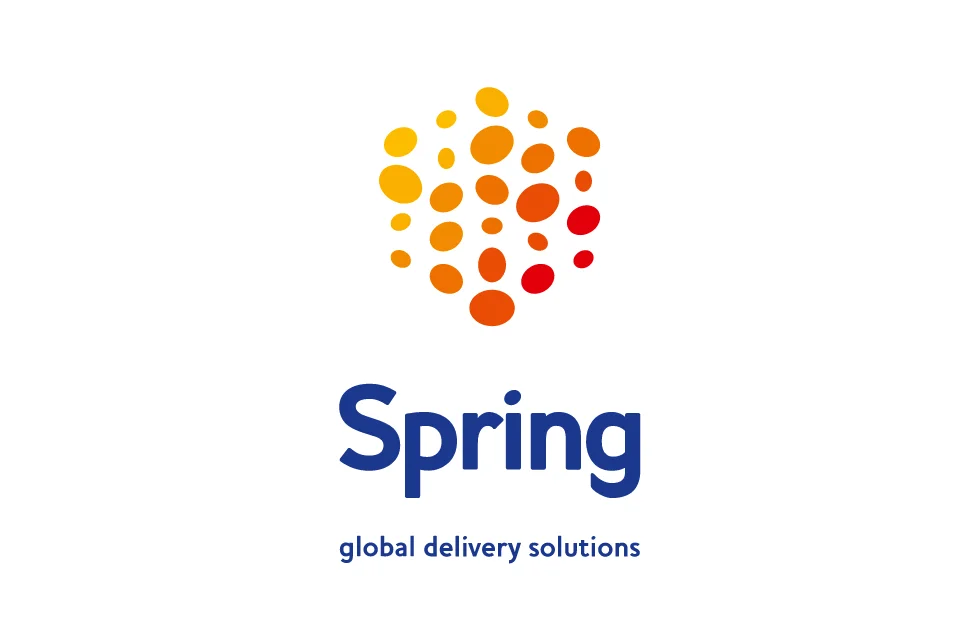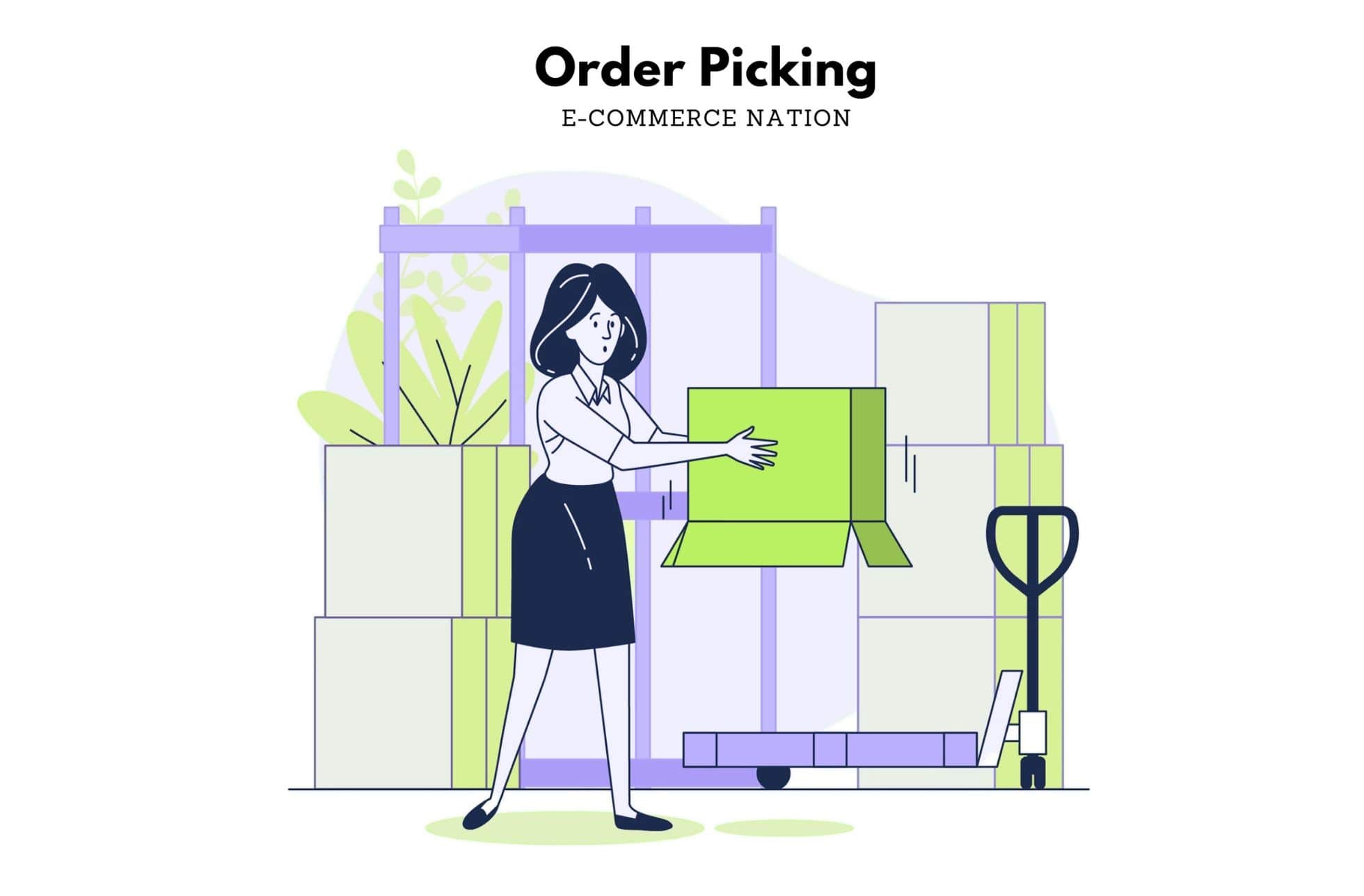Differentiating when taking your e-commerce cross-border can be tricky. Local and (a lot of the time) foreign e-commerces can offer similar products at a cheaper rate, making the differentiation on cost hard, or even impossible. How do you place your brand strategy to remain competitive against companies that can undercut your prices?
The core of my belief comes from one very well-known strategy, from perhaps one of the most well-known commentators on business strategy – Porter’s Generic Strategy. Porter suggests ways in which it is possible to derive a competitive advantage, he says that you can derive it from being low cost, or from being different. I disagree with Porter when it comes to cross-border e-commerce, however, as I believe there is only one way to be successful online internationally – by providing something different.
If a company is heavily focused on COST, then the likelihood of succeeding with that strategy online is slim. This is because there are fewer barriers to online trade, hence the likelihood of another company being able to provide the same product or service as you are higher. For example, if a UK company are producing a cheap product to export, it is likely that both local low cost products, as well as those from production based economies (such as China), will be able to undercut the price.
Competing against the Cost
Imagine if you will, a UK company producing electronic circuit boards. These are generic circuit boards that are sold to other companies all over the world. A Chinese company sees that the UK company is making these products, and realises that they can make the same circuit board in their electronics factory. These two products are identical, as they are producing purely based on cost, and there are no differentiating features.
The only difference is that the Chinese companies cost price for creating these circuit boards is much cheaper. They have cheaper labour, premises rent, most of the components are made out in China so there is less component cost, health and safety is less stringent, the list goes on. This now triggers a price war, until eventually the UK company is no longer able to compete and goes out of business.
They may be able to sell into the UK, as there is some form of protection for them, such as electronic standards and testing. However, they are unable to successfully compete internationally. Obviously, a cost centric UK company could always make sales based on differentiation in other markets. So let’s see how that might translate in the example of the UK based electronics company.
While the Chinese electronics company has been copying the product of the UK company, the UK company has been focusing on research and development. They have created a product that will double the performance of the existing circuit board, in half the space. The UK company then take out a patent on that product.
The UK company now has a differentiated product, that cannot be copied by the Chinese company. It now doesn’t matter that the UK company are charging a higher price, because they have a unique product. International companies will now want to buy from the UK company as their product is different, and better, then that of the Chinese company.
How to differentiate your products
This may seem like an obvious analysis; however, it is something that is often forgotten online. As barriers to entry in to a new market are lower online, it is even more important that products are differentiated. If you are selling products that are the same as your competitors, then internationally, the likelihood of being able to maintain a comparative advantage is incredibly slim.
Let’s take Amazon itself as an example. Amazon are well priced, certainly cheaper than a lot of the high-street stores, but they are not the cheapest. With minimum research, it is possible to find pretty much all the products on Amazon cheaper elsewhere. Amazon’s selling point is their phenomenal logistics and range of product on offer.
Differentiation does not have to come from the product offering, it can come from the experience of delivery and choice. Owning the market for a particular product/service is a key factor for differentiation.
Don’t compete in the way that everyone else is, build your own market and your own niche. Be different!
Finding your Niche
Unless you have a particular interest in cars you are unlikely to have heard of Christian von Koenigsegg. Christian has a remarkable dream, to build (by his definition) the best car in the world. His company has created a car that achieves this dream: the Koenigsegg One:1.
Many people who know far more about cars than I do tell me that this has the perfect power to weight ratio for a car. For every kilogram of weight, the One:1 has a horsepower (the unit for measuring a car engines power). The One:1 weighs 1,340kg, and produces 1,340 horsepower. To put that into perspective the Toyota Corolla (the best-selling car in the world) weighs slightly less that the One:1 at about 1,200kg. It does, however, only have 132 horsepower. That is less than one tenth of what the One:1 produces.
All that power doesn’t come cheap however, and prices for the One:1 go up to $6 million. Yet, every one of the limited number produced are sold before they are made. Koenigsegg have a waiting list for their cars, and no shortage of millionaires and billionaires willing to pay the astronomical amount to be a part of Christians dream.
Christian has found his market; he knows who his buyers are and what they want. Even within the hyper car market Christian is unique. Koenigsegg is not about soul or beauty like Pagani, it is about power and speed. That’s what his customers want. Christian knows this, and it is what he believes also, that’s why he produces cars like the One:1.
Capitalizing on your Differentiating Factors
To illustrate the idea that cost is not key, and it is differentiation that sells, even further, let us look more closely at the Toyota Corolla. The Corolla is not the cheapest car on the market, with a base price of around $18,500 you can find cheaper cars. Were it solely about price, the Corolla would not be the best-selling car in the world.
However, no one (or very few people), even pay the base price. The average selling price for a new Toyota Corolla is about $22,000. This is considerably more than the base price in fact. This is because of optional extras, or as I like to call them, differentiating factors.
Think back to the last time that you bought a car. Did you buy it because it was the cheapest? Or did you buy it because it had the things you like? Maybe it was the allow wheels, or the wireless integration, or the brand name, or the styling, or even the fuel efficiency of the more expensive model. Something caused you to buy that car, and not the cheapest car you could find. This is because we want the things that matter to us, we want the differentiating factors.
I am sure that Christian has not spent a single sleepless night worrying about Toyota outselling Koenigsegg. People buy a Koenigsegg because they believe in Christian’s dream, and the differentiating features they want (along with their bank balance) fit with the One:1. The point is, just like Koenigsegg, you need to find your market. Provide a product or service that is different, because selling a product on cost will ultimately cause you to erode your profit margin to an unsustainable level.
This holds so much more true online, and especially internationally. The reason for this is largely due to the factors that we discuss later in this section with regards to competition. For the time being, just remember that the higher the competition, the more different you must be. Online there are lower barriers to entry, and internationally there are more competitors. This has the result of you needing to really be different if you want to succeed.




